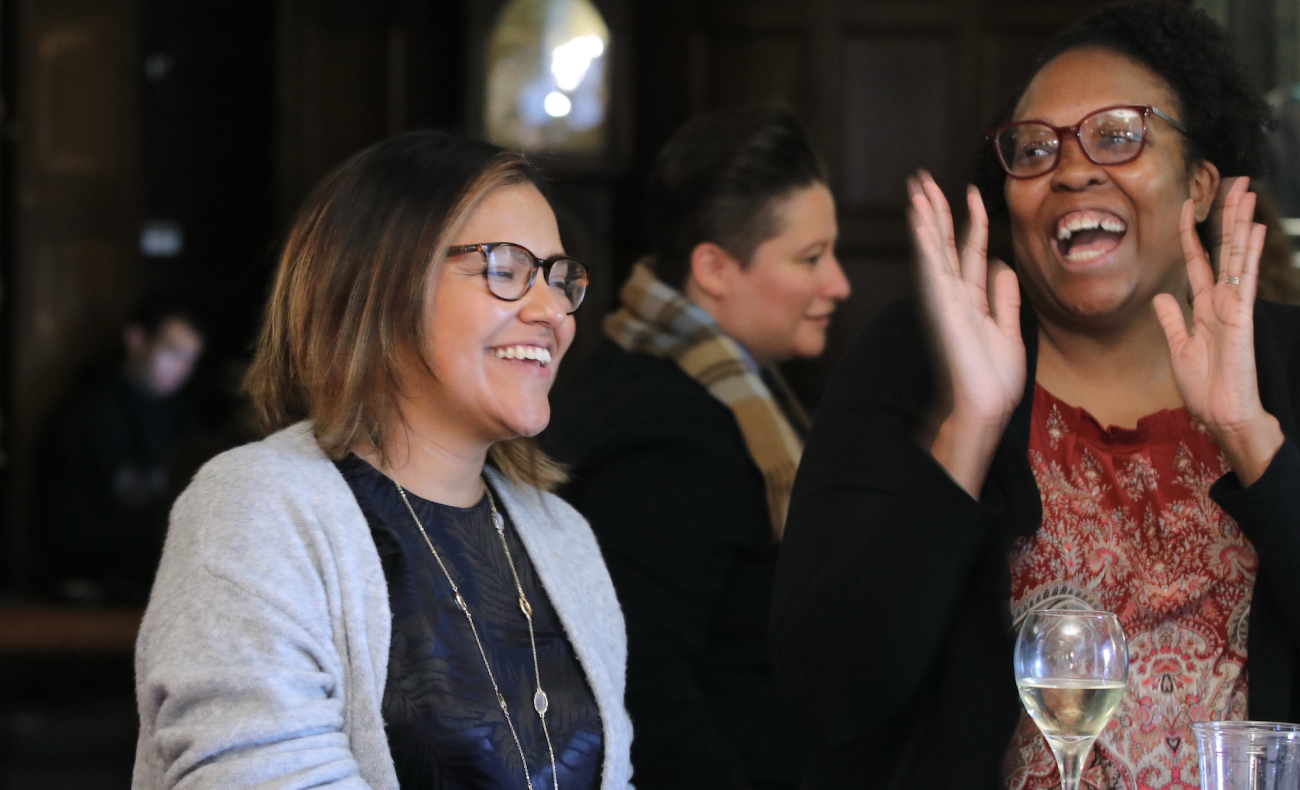
CSWS offers a variety of opportunities for undergraduate and graduate students to contribute to our mission and participate in the Center.
I. Undergraduate Opportunities
STEAM Summer Research Fellowships
This new undergraduate fellowship is intended to create opportunities for cross-disciplinary collaborations among science, technology, engineering, arts, and mathematics (STEAM) fields on campus and to create and/or enhance pathways for underrepresented students in STEAM to succeed. CSWS provides grant funding for STEAM-field undergraduates and faculty mentors to partner on cross-disciplinary summer projects that support the CSWS mission.
The CSWS Undergraduate STEAM Summer Fellowship will fund one student per academic year to conduct a research-based project for a minimum of eight weeks under the supervision of a UO faculty mentor. CSWS defines research as broadly encompassing all academic fields of study, including social sciences, humanities, arts, sciences, and disciplines in the professional schools. Final products must support the mission of CSWS and may be in any genre (e.g., an article, website, comic, podcast, short film, etc.).
Details and application guidelines are available here.
CSWS Calderwood Seminars in Public Writing
Starting in Spring 2025, CSWS is sponsoring Calderwood Seminars on gender-related topics across several departments at UO. In a Calderwood Seminar, you’ll learn quickly how central public writing is to success in life beyond college. And you’ll gain skills that will establish you as a leader in future internships and jobs. Calderwoods are fast-paced, rigorous, and intensely rewarding. These workshop-style courses will strengthen your writing, editing, and revision skills. You’ll see a difference in your writing almost immediately as you write with more authority on important topics for audiences beyond the ivory tower.
Spring 2025
HIST 415: On Women’s Land: Public Writing About Women’s History and the Environment. This seminar explores environmental approaches to women’s history in the 20th century and afterward. Through a series of short writing assignments aimed at the broadest possible audience, students will learn to bring historiographical debates about ecofeminism, settler colonialism, and land use into the public realm. Instructor: Jack Evans. Thursdays 2–4:50 PM, Hendricks 330.
Internships and Employment
Through our internships and job positions, students can gain practical work experience in event planning, public communications, and office administration while learning about feminist research, history, and activism at the University of Oregon.
As part of the CSWS team, student workers and interns can:
- Assist staff with event promotion and the production of quality video content.
- Develop creative ways to communicate with multiple audiences about the CSWS mission in digital and traditional media forms.
- Manage content across platforms that connect followers to the CSWS brand, programming, and feminist research and activities.
- Assist staff with the research and development of CSWS special projects and programming.
- Aid with the day-to-day activities of the Center.
CSWS communications jobs are posted to Handshake, typically in time for Fall hiring. Students interested in internships should send a letter of inquiry to csws@uoregon.edu stating your interest/reasons for wanting to intern with CSWS, including any relevant work experience or courses related to the general duties noted above and any work-study funding you have been awarded. You may also attach a résumé, if available.
II. Graduate Student Opportunities
Graduate Student Research Fellows
CSWS maintains a number of grant programs to support graduate student work on women and gender. By providing these highly competitive grants and fellowships, CSWS consistently has supported many important intersectional feminist research projects at various stages of development.
Our grant fellows share their research with the UO community through noon talks, articles in the CSWS Annual Review, video interviews, panel discussions, and more.
Graduate Student Research Interest Groups (RIGs)
CSWS offers small grants to organize interdisciplinary research interest groups (RIGs) focused on particular themes for the academic year. RIGs provide participants the opportunity to discuss readings and share their research. Funding may be used to pay for reading materials, food, and visits by scholars. Groups are encouraged to use RIGs as the foundation for future conferences and symposia, course development, and publications.



